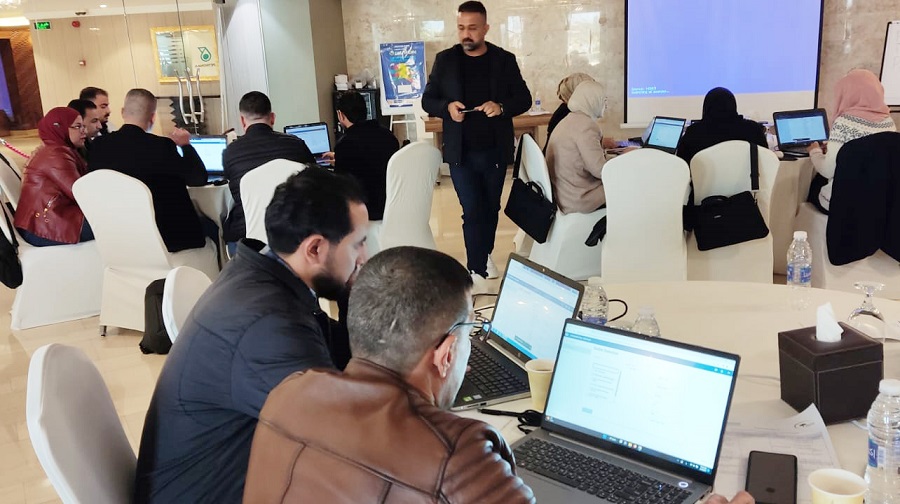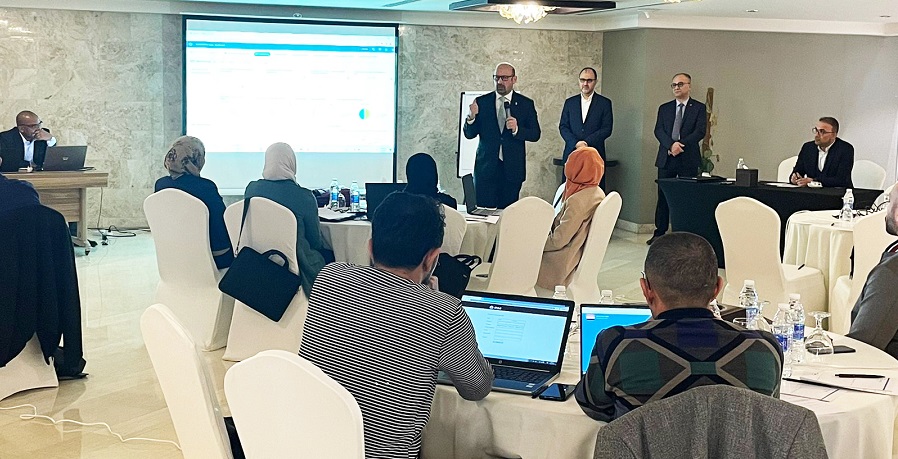 Health digitilization workshop in Baghdad
Health digitilization workshop in Baghdad
Baghdad, Iraq, 9 February 2023 — The World Health Organization (WHO), in collaboration with the Ministry of Health, inaugurated today the health digitalization programme to strengthen the health information system and produce data and information to facilitate evidence-based decision-making in the health sector.
The initiative aims to achieve better health outcomes in Iraq through ensuring an appropriate allocation of health care resources, evaluating the impact of several interventions, and promoting accountability and transparency for good governance.
Today's launch was the culmination of several months of preparation and advocacy for advanced digital health solutions in Iraq. WHO partnered with the Ministry of Health, UNICEF and various stakeholders to ensure a successful implementation plan for the project and conducted several training workshops and assessments in preparation for this launch.
 Health digitalization aims to achieve better health outcomes in Iraq"A journey of 1000 miles starts with a step, and today is not only a step forward but the initiation of the health information system reform to achieve the best health status," said Dr Ahmed Zouiten, WHO Representative in Iraq.
Health digitalization aims to achieve better health outcomes in Iraq"A journey of 1000 miles starts with a step, and today is not only a step forward but the initiation of the health information system reform to achieve the best health status," said Dr Ahmed Zouiten, WHO Representative in Iraq.
"Effective health information systems can provide us with the necessary insight and indications to enhance the population's health, promote the health system, and achieve universal health coverage."
The Expanded Programme on Immunization (EPI) was selected as the initial programme to adopt the District Health Information System 2 (DHIS2) as a digital solution for data collection, analysis and dissemination, with other programmes to be rolled out incrementally during this year.
The Universal Health and Preparedness Review (UHPR), which was conducted in Iraq, identified health information system strengthening as the most urgent need, as it could produce data and information for evidence and scientific-based decision-making and would contribute to the policy-making process in health sector reform.
DHIS2 combines the essential tools necessary for health information systems into one open-source and highly configurable software platform. It can be used to produce both aggregated district-based data and real-time case-based information for single purposes, such as health, logistics, or education data, or it can be used to combine and triangulate data from various sources and programmes in an integrated system.


